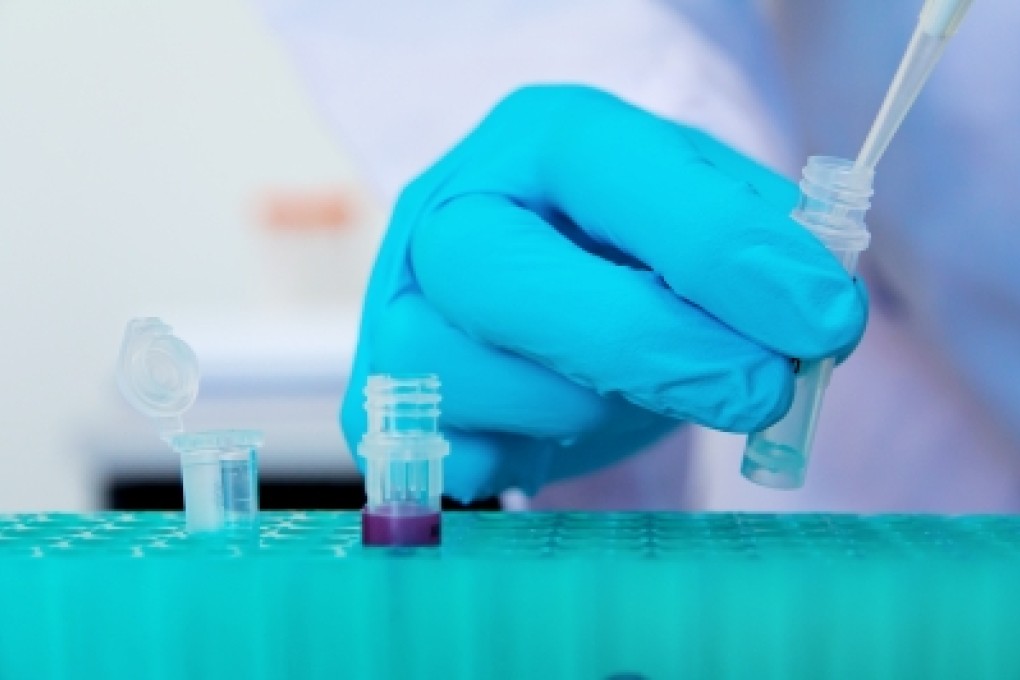For any aspiring pharmaceutical professional, QP s an important acronym to know. “QP” stands for “qualified person”, and a
QP course does just that: it qualifies an individual to legally oversee any pharmacological endeavors for a pharmaceutical company. But why would a wannabe pharmaceutical professional even be interested in becoming a qualified person (QP)? Is there a job market demand for QPs? If so, how long does it take to get qualified? And is there any real downside to becoming more accredited in the pharmaceutical industry? Read on to find out all that and more about becoming a QP from a
QP course.
First things first, a QP is a pharmaceutical company’s protection against possible illegal activities on the drug manufacturing site. Because of street demand for regulated drugs or the drug chemicals that go into their making, pharmaceutical companies have to be wary of unscrupulous employees and hire QPs as modern production overseers of sorts. Therefore, QPs have to be model employees themselves. A typical day for a QP includes production supervision and active drug ingredient analysis, amongst other watchdog activities. A QP is personally and legally responsible for any problems that arise while they are overseeing a job site, and therefore need to be on top of their game all the time.
If that doesn’t scare an aspiring QP off, then a
QP course is the way to become accredited in this career field. A QP course is designed to make sure that students aren’t taken out of their current work for long, while also teaching them valuable QP skills. The sorts of skills QPs will learn in a
QP course include: active pharmaceutical ingredient (API) certification, the role a QP has in relation to the API, in depth information of methods and instruments used in drug synthesis, requirement specifications of synthesis, and process and cleaning validation. In simple terms, a QP familiarizes his or herself with nearly every active part of drug synthesis so they can make sure that the product being made is the product being marketed, and that the product that is marketed stays where it is made until it reaches pharmacy shelves. This skillset can be taught in one to two days, and after that, an individual is legally qualified to work as a QP.
After a person finishes a
QP course, what’s next? Is the job outlook good for individuals with this certification? The answer is, happily, yes. Currently, there is a shortage of QPs in the pharmaceutical industry, mainly because the last generation of QPs are beginning to retire. These retiring QPs began their jobs when the pharmaceutical industry wasn’t as heavily regulated as it is today, and the
QP course and certification didn’t exist. Now that these older generation QPs are retiring, and the QP requirements have gotten more stringent, pharmaceutical companies expect to hire lots more QPs in the near future. Having a QP status while in the hiring process is looked upon favorably by these companies, and once hired, it should help accelerate career progression within a company, too.
So why isn’t everyone taking a
QP course to get accredited? As stated, and always helpful to be reminded, a QP is personally (legally) responsible for onsite pharmacological activities. If this seems like a non-issue, then gaining QP certification is the way to go and can definitely provide anyone in the pharmaceutical industry an edge to a bright future in developing medicine. It can take less than two days to get certified, but a
QP course can change an entire career outlook.
*Image courtesy of ponsulak / FreeDigitalPhotos.net
